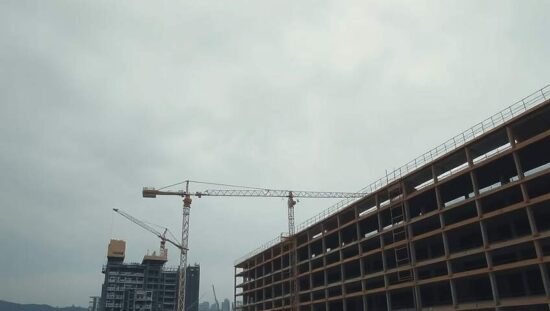The German construction industry is facing a deepening crisis of confidence, with the sector’s leading body accusing Chancellor Friedrich Merz and Transport Minister Patrick Schnieder (both CDU) of misleading promises regarding infrastructure spending. Tim-Oliver Müller, CEO of the German Construction Industry Association, leveled the criticisms in an interview with Bavarian media outlets, highlighting a stark disconnect between political rhetoric and tangible progress.
Müller pointed to the stated commitment from Merz and Schnieder to immediately initiate all “shovel-ready” infrastructure projects. He argued that projects classified as “shovel-ready” should be readily implementable within weeks, yet the association has observed an absence of action. This lack of activity is fueling significant uncertainty within the industry, hindering planning and investment.
The situation is compounded by the lack of clarity from both Autobahn GmbH (motorway authority) and Deutsche Bahn (German rail), which have failed to provide concrete timelines or project schedules. Müller emphasized that failing to launch new initiatives this year, despite assurances to the contrary, would be “completely unacceptable.
Critically, Müller contested the narrative that the newly established special asset fund represents supplementary investment. He alleges that the fund is primarily facilitating a reallocation of existing funds previously allocated to transportation infrastructure, rather than providing genuinely additional resources. These funds are then being replenished by the special asset fund, effectively shifting budget lines without increasing overall investment. This practice raises serious questions about the government’s commitment to tangible infrastructure development and the true impact of the special asset fund on the construction sector’s future. The accusations threaten to further erode trust between the government and a vital industry grappling with economic pressures.





